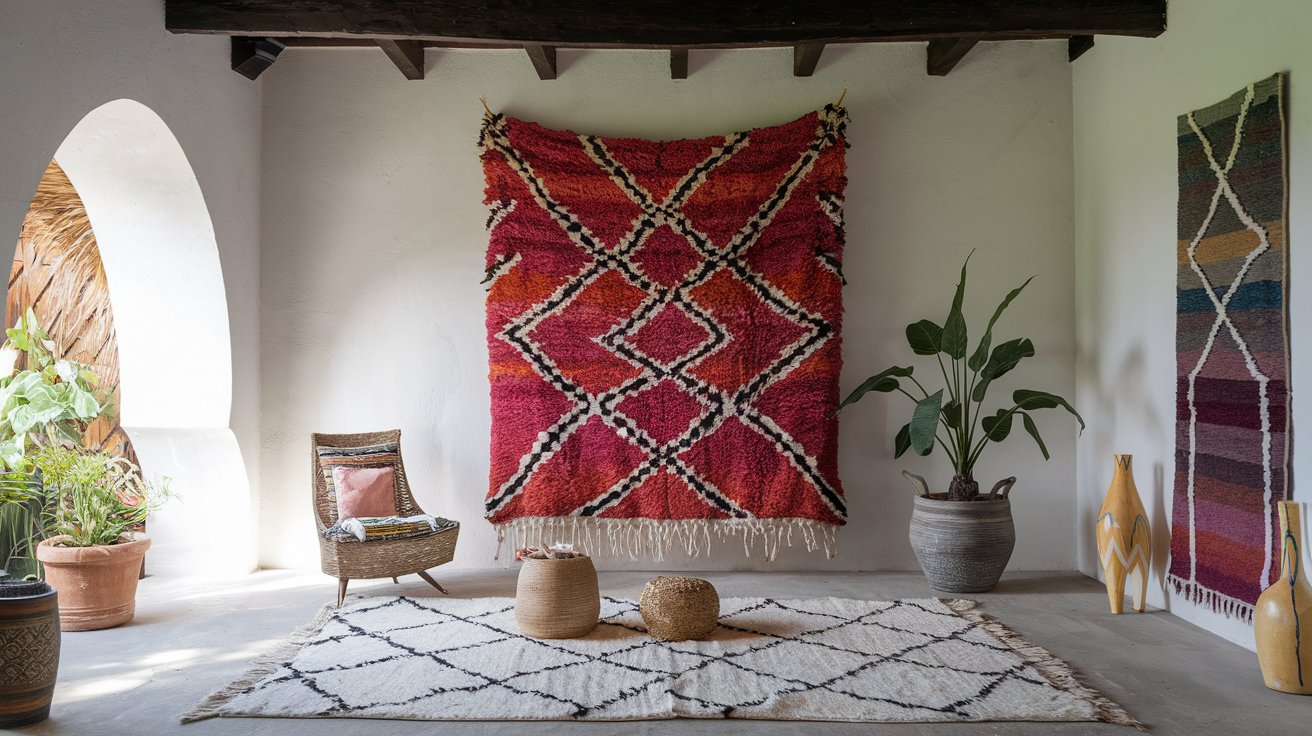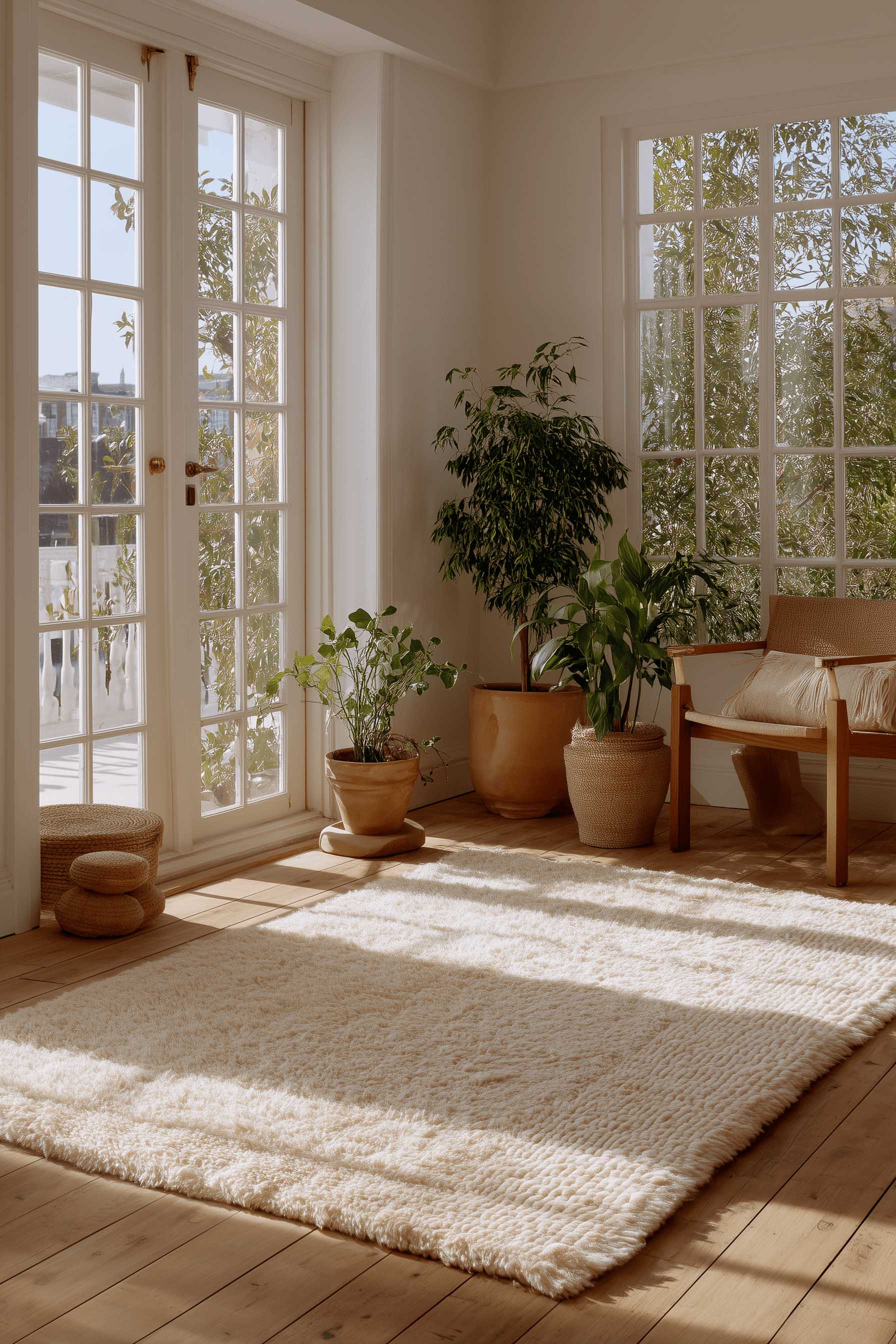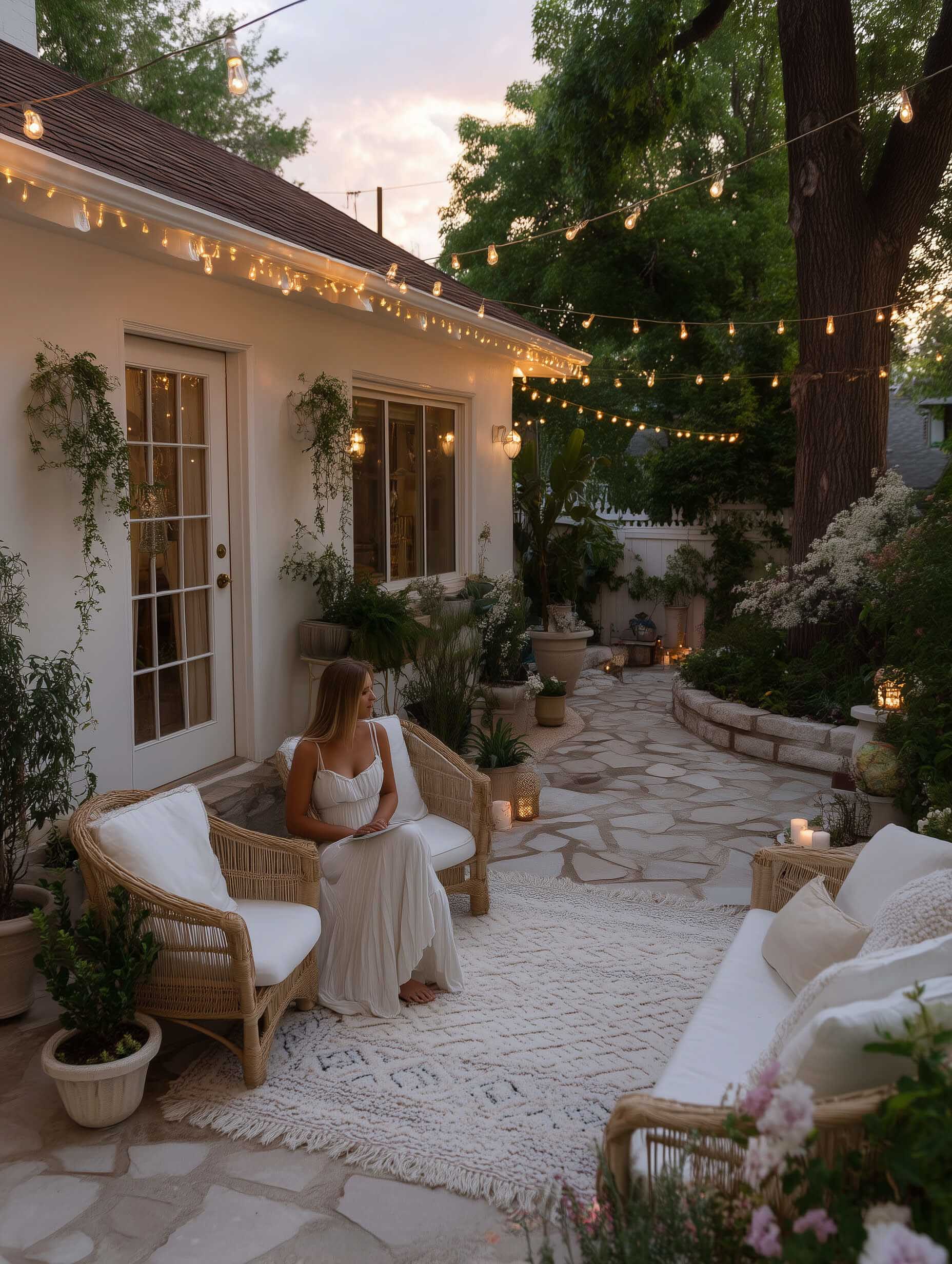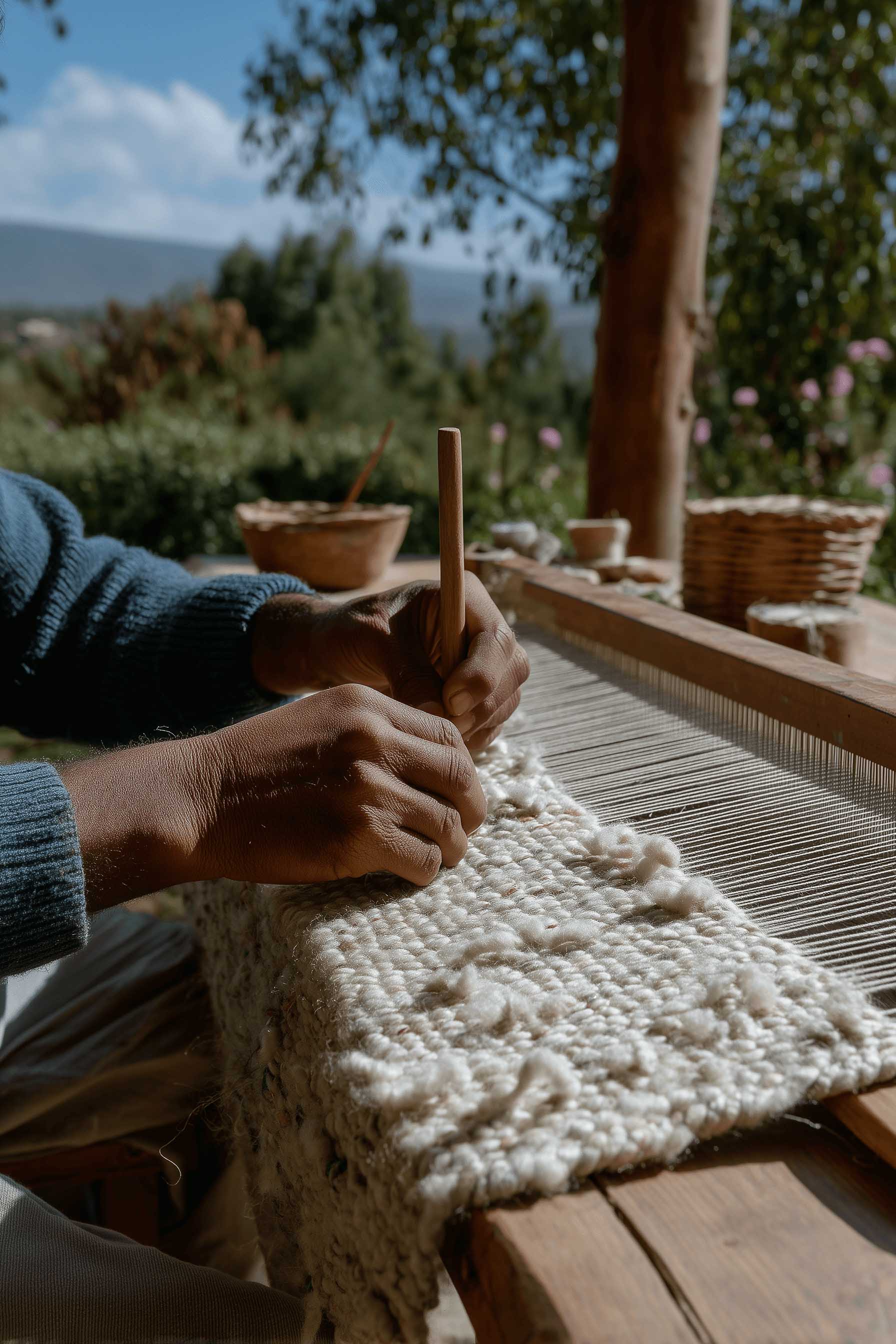
Table of Contents
- 1. Boho Rugs Made from Natural Materials
- 2. Handmade with Time-Honored Techniques
- 3. Supporting Artisan Communities
- 4. Built to Last: Reducing Waste
- 5. A Smaller Carbon Footprint
- 6. Adding Soul to Sustainable Living
- To Sum Up
In today’s world, many of us are looking for ways to make our homes more sustainable without sacrificing style. Moroccan Boho rugs offer the perfect solution—they’re not only beautiful and timeless but also crafted with eco-friendly practices that align with green living principles. In this article, we’ll explore why Moroccan Berber rugs are a smart choice for sustainable home decor and how they contribute to a healthier planet.
Find your sustainable rug now at Berber Handicraft. Explore collections like Handmade Rugs, Wool Rugs, or Custom Moroccan Rugs to find an eco-conscious piece for your home.
1. Boho Rugs Made from Natural Materials

One of the standout features of Moroccan rugs is their use of natural materials, particularly wool.
Renewable Resource:
- Wool comes from sheep, which are sheared annually—a process that doesn’t harm the animals and allows them to regrow their fleece. This makes wool a renewable resource.
- Unlike synthetic fibers like polyester or nylon, wool doesn’t rely on fossil fuels for production.
Biodegradable:
- At the end of its life cycle, a wool rug will naturally break down without leaving harmful microplastics behind. This reduces waste and environmental impact.
Pro Tip: Look for rugs made from undyed wool if you want an even greener option—these skip chemical dyes altogether.
2. Handmade with Time-Honored Techniques

Moroccan rugs are handwoven by skilled artisans using techniques passed down through generations. This traditional craftsmanship has a lower carbon footprint compared to mass-produced decor items.
Energy Efficiency:
- Handmade rugs require minimal energy since they’re crafted using simple tools rather than industrial machinery.
- The process supports slow design—a movement that prioritizes quality over quantity.
No Harmful Chemicals:
- Many Moroccan rugs are made without synthetic chemicals, relying instead on natural dyes derived from plants, minerals, or other organic sources.
By choosing a handmade Moroccan rug, you’re supporting eco-conscious practices while adding a unique piece to your home.
3. Supporting Artisan Communities

When you buy a Berber rug, you’re not just purchasing a product—you’re investing in people and communities.
Fair Trade Practices:
- Many Moroccan rug sellers, including Berber Handicraft, work directly with Berber artisans to ensure fair wages and safe working conditions.
- This empowers women in rural areas, providing them with economic opportunities and preserving their cultural heritage.
Ethical Sourcing:
- Ethically sourced rugs ensure that materials and labor are obtained responsibly, minimizing exploitation and environmental harm.
By choosing a Moroccan rug, you’re contributing to a global effort to support ethical and sustainable practices.
4. Built to Last: Reducing Waste

Moroccan rugs are designed to last for decades, making them a sustainable alternative to fast furniture and disposable decor.
Durability:
- The high-quality wool used in these rugs is naturally resistant to stains, dirt, and wear, ensuring longevity.
- Proper care can extend the life of your rug, reducing the need for frequent replacements.
Timeless Appeal:
- Unlike trendy decor pieces that quickly go out of style, Moroccan rugs have a classic aesthetic that never fades. They can adapt to changing trends and remain relevant for years.
Pro Tip: Rotate your rug regularly and clean it properly to maximize its lifespan.
5. A Smaller Carbon Footprint

Compared to factory-made rugs, Moroccan woven rugs have a significantly smaller carbon footprint.
Local Production:
- Most tribal Berber rugs are made locally in small villages, cutting down on transportation emissions associated with global supply chains.
- The raw materials (like wool) are often sourced nearby, further reducing environmental impact.
Minimal Packaging:
- Handmade rugs typically come with less packaging than mass-produced items, reducing plastic waste.
By opting for a Moroccan rug, you’re choosing a product that’s kinder to the planet at every stage of its lifecycle.
6. Adding Soul to Sustainable Living

Beyond their eco-friendly qualities, Moroccan rugs bring soul and character to your home. Each rug is a one-of-a-kind creation, reflecting the personality and creativity of its maker.
Storytelling Through Design:
- The patterns and symbols woven into Berber rugs often carry cultural meaning, connecting you to a rich artistic tradition.
- These rugs serve as conversation starters, reminding us of the importance of preserving craftsmanship in a fast-paced world.
Warmth and Texture:
- Natural wool adds warmth and texture to your space, creating a cozy atmosphere that feels inviting and nurturing.
By incorporating a Moroccan rug into your decor, you’re blending sustainability with beauty—a win-win for your home and the environment.
To Sum Up
Moroccan rugs are more than just stylish decor pieces—they’re a testament to sustainable living. From their use of natural materials and traditional craftsmanship to their ability to support artisan communities and reduce waste, these rugs embody eco-conscious values.
At Berber Handicraft, we’re proud to offer authentic Moroccan rugs that celebrate sustainability and artistry. By choosing one of our rugs, you’re making a positive impact on both your home and the planet.
Ready to embrace sustainable decor? Explore our collection of Wool Rugs, Handmade Rugs, and Custom Moroccan Rugs today and discover how easy it is to live green without compromising on style.
Know more about how to style Boho rugs in Minimalist spaces




